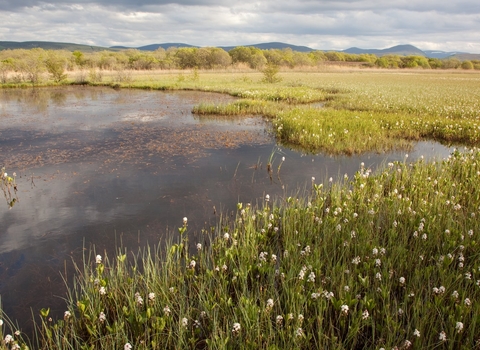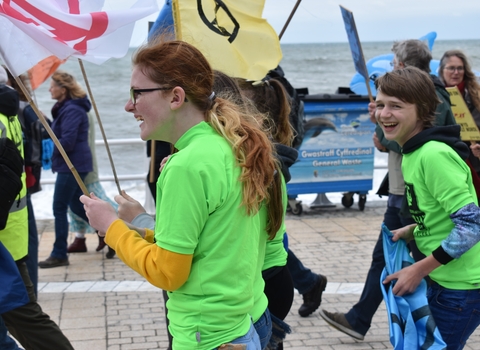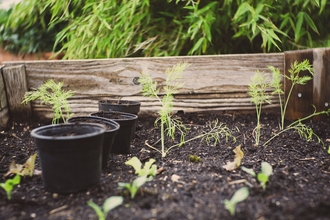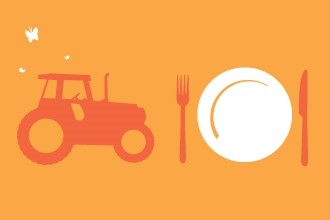Over the past couple of months, the young people on Anglesey/Ynys Môn have been working hard to create something special - carbon-negative gardens! Brought about as an idea from the Môn Gwyrdd environmental forum last year, these garden areas are planned to provide young people and local communities the opportunity to learn about gardening, to understand how carbon is released during the production of our food, and to eventually be a valuable carbon-negative asset to the community!
If that wasn't exciting enough - through this work, a partnership has been born! The Stand for Nature Wales team and youth forum members are working with Ysgol Gyfun Llangefni on Anglesey/Ynys Môn as they embark on the new curriculum in Wales. As one of few pilot schools delivering the new curriculum in Wales, we are delighted to be able to work with the school to embrace the new curriculum and engage pupils with nature. As part of the curriculum, pupils are encouraged to work with their local communities to deliver change. This is where we come in!
The Wildlife Trusts, Stand for Nature Wales youth climate change project along with the school and the local community are working together to create a carbon-negative garden!








